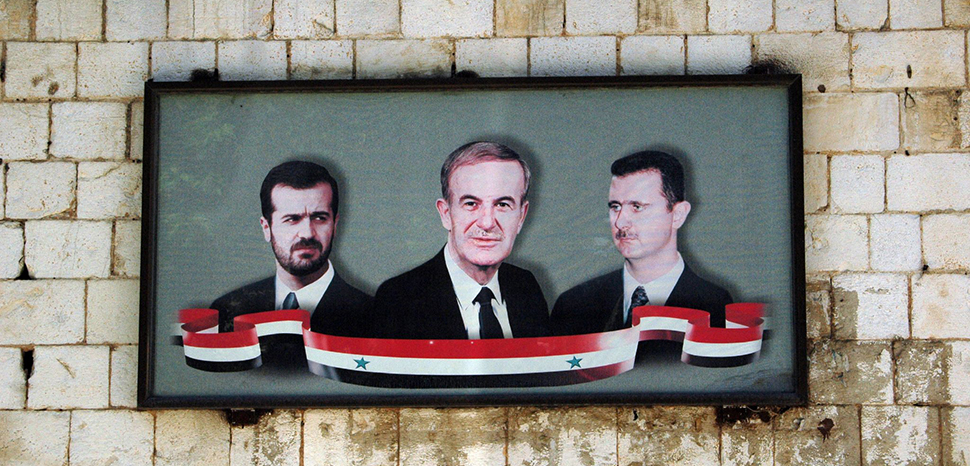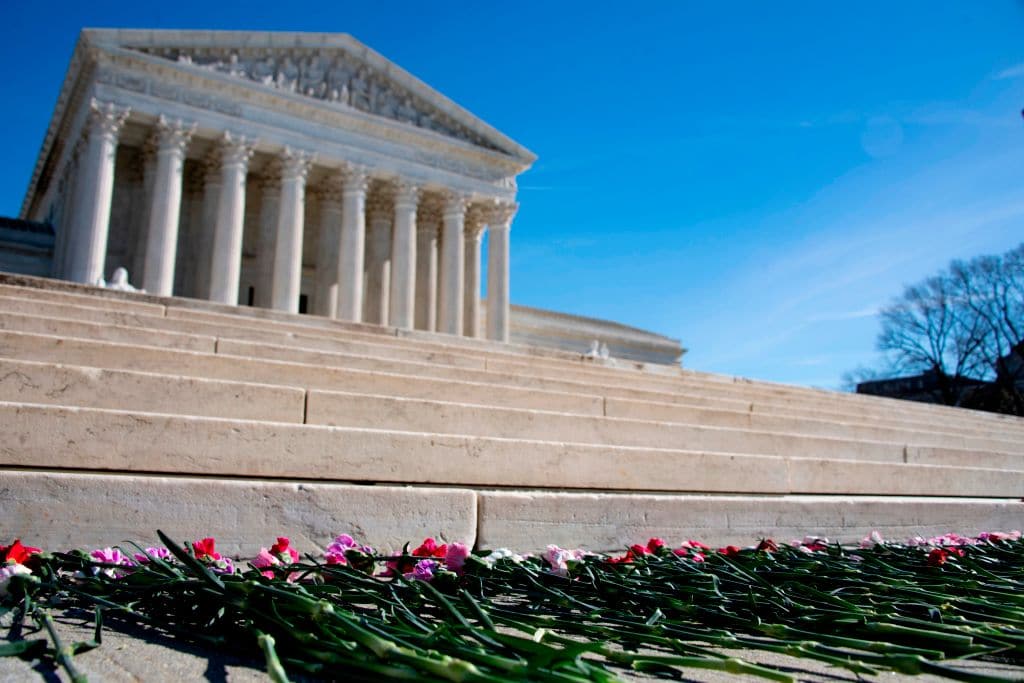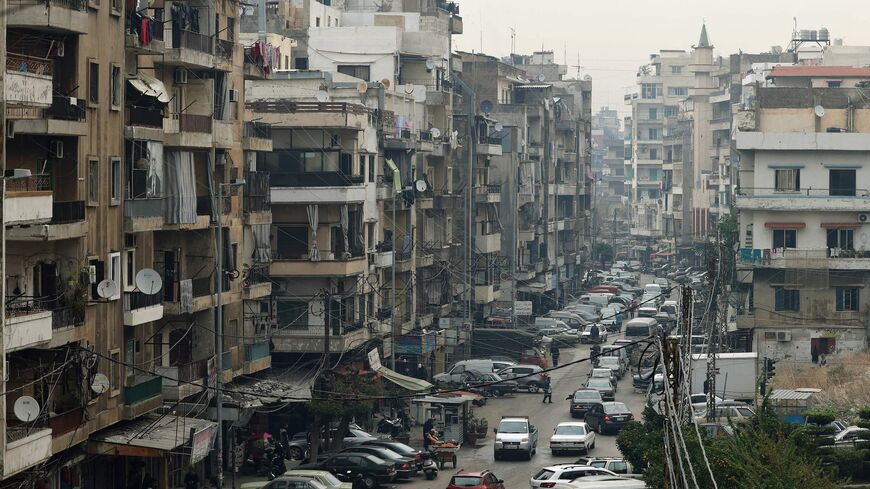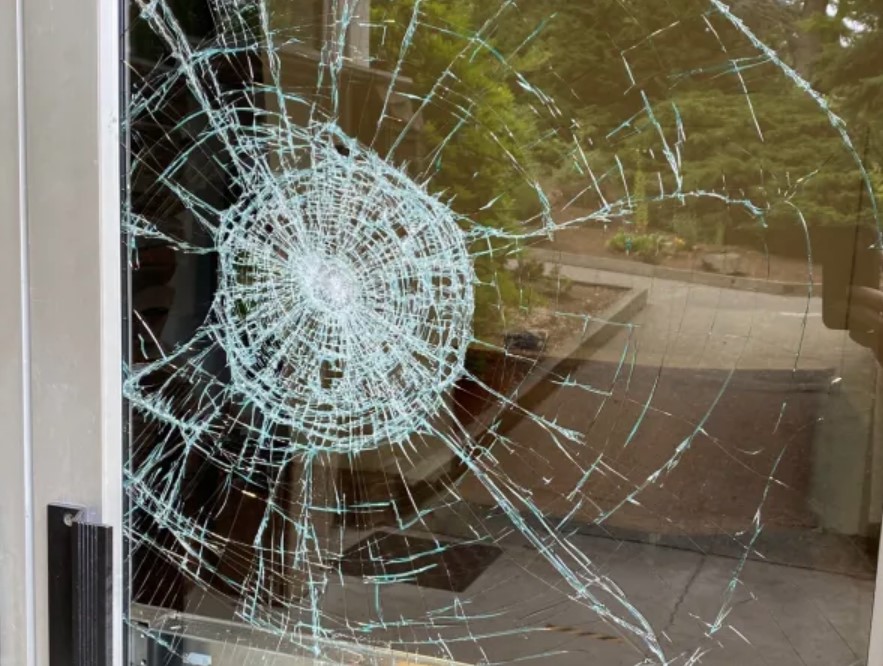
by Ghinwa Obeid, Al Arabiya English –– A young Lebanese man was stabbed to death in California’s college town of Davis days after a similar attack took place, triggering a police manhunt for the suspect. The victim, 20-year-old Karim Abou Najm, was killed Saturday evening at Sycamore Park as he was on his way home coming from an awards ceremony at the University of California, Davis, where he was finishing his undergraduate degree. For the latest headlines, follow our Google News channel online or via the app. “The day he left us, he won one of the UC Davis awards, and he was on his way back home,” Abou Najm’s father, Majdi, told local KCRA-TV channel. “He was literally 5 minutes away.”
The death of the computer science student came after another man, 50-year-old David Breaux, was stabbed to death at another park in the same town. The two incidents were followed by the stabbing of a 64-year-old woman at a homeless encampment on May 1, instigating fear that a serial killer might be on the loose in the area. “We moved from Lebanon in 2018 when the situation in Lebanon was…starting to go [in the wrong] direction and we came here hoping for safety,” the father said. The Associated Press reported that following the woman’s stabbing, a shelter-in-place was put into effect but was later lifted while calling on the residents to remain vigilant. The Associated Press also reported that the suspect was “described as a male with long curly hair, a thin build and carrying a brown backpack.”








